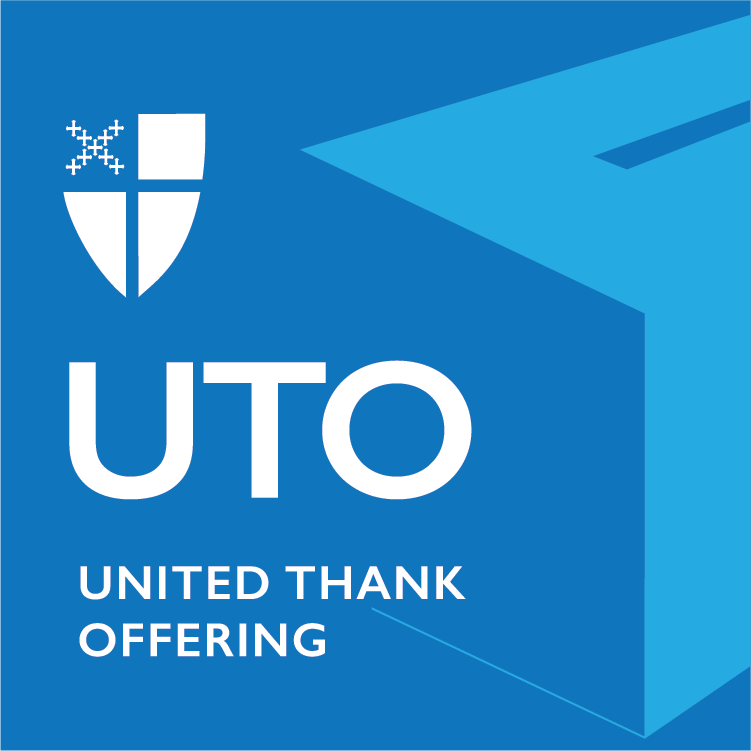By Heather Melton, UTO Staff Officer

This February, many churches will gather for the first time in a few years to celebrate Shrove Tuesday or Mardi Gras. As a former youth minister, I have many memories of pancake-dinner fundraisers that bring me joy and also make me overly cautious about the stove. This year, because it has been a while since I’ve celebrated with others, I’ve also been thinking about the seasons that surround Shrove Tuesday and how it really is this amazing pivot from the joy of the season of Epiphany to the somber time of reflection and repentance during Lent. I had never really thought about it before, so sometimes abstaining from something makes the return to it more meaningful.
One of the best Epiphany sermons I ever heard talked about how the Magi, after meeting Jesus, went back a different way. The priest suggested that when we meet Jesus we cannot go back to the way things were. I love this idea about how we are changed by the experience of meeting Jesus, but I think we all have times when we met Jesus and then went about our business. We often speak of mountain-top moments in the church, when we engage with God and our faith and are changed, only to come down from the mountain and realize that others aren’t. This was true for the Magi as well; they met Jesus and had to go back a different way because the world hadn’t changed. They were supposed to go back to the king and let him know where the baby was, so he could kill him. The world hadn’t changed simply because the Magi had this amazing experience, so it creates some tension in their lives and story. We come back from a great retreat and feel invigorated and changed, but the world’s problems are just waiting there for you. Upon first glance, it might feel strange to move from the joy of Epiphany to the repentance and reflection of Lent, but I think there’s something to it and it is found in the history of Shrove Tuesday.
Shrove Tuesday—Pancake Day or Mardi Gras—is the day before Ash Wednesday and was created as a way to use up foods that could not be eaten during Lent and celebrate before a time of quiet. Recently, I’ve been thinking about it as the pivot point, the moment when we tell someone about our mountain-top experience, or seeing Jesus, and realize that the world isn’t as excited as we are. In this moment we have a choice: We can fall back into our lives slowly as the joy gets farther away, or we can fight to hold onto the moment. If we choose to hold onto the moment, we may find that our lives need some repair. We might notice that our relationship with alcohol, for example, is impeding us holding onto the joy. We might notice that fear is keeping us from doing something new and life-giving. We might feel overwhelmed by the maintenance of stuff and need to think about what we can let go of and share with others. We might find that we’re too busy, or too anxious, and get help.
I wonder if this pivot point is really about giving thanks for the clarity that experiencing God can bring and the hope of resurrection. Lent is about working toward that resurrection, because new life is only found through death, letting go, and change. Working toward resurrection can be daunting if it is done without gratitude. When we start by saying thank-you for what has passed, for the mountain-top moment, it is easier to embrace that what comes next might not be easy, but God will also be in the midst of it. Lent teaches us to look for God and follow, give up the things that might pull you away or distract you from who God created you to be. And while Lent might feel like a far cry from the joy of Epiphany, it is a season to remind us that our choices can lead us to greater connection and joy with God.
So, as we head toward the pivot to Lent, think about those things you want to let go of that are keeping you from joy, from God, from being fully alive. Think about what will help you remember the joy in the midst of the work of Lent, whatever that might look like for you. But most importantly, never forget to give thanks, for the blessings, for the presence of God and others in the midst of suffering and pain, and for the gift you are to the world.
